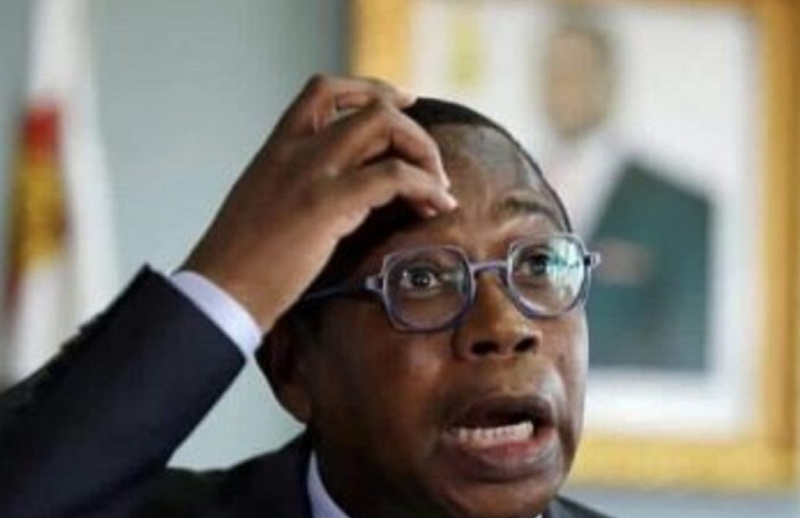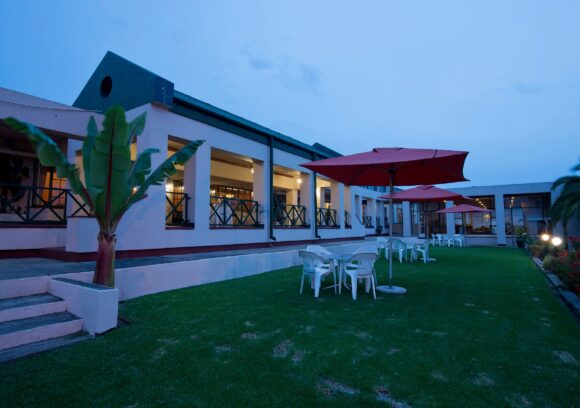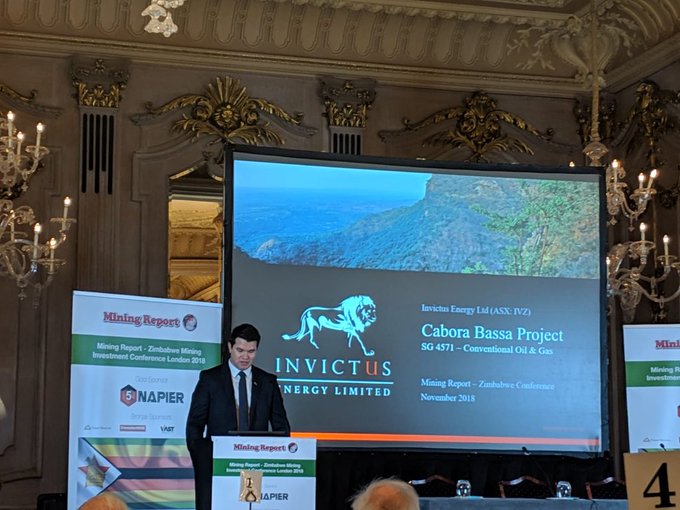Tax revenue surges in Q2 amid increased public spending
Zimbabwe’s Ministry of Finance, Economic Development, and Investment Promotion in its second-quarter Treasury Quarterly Bulletin, highlighted robust public finance performance driven by improved tax collections and strategic Government spending.
Total revenue collections for the quarter reached ZiG19,8 billion, marking a 19 percent increase over the first quarter’s ZiG16,7 billion.
“Revenue growth was largely propelled by our tax collection systems, specifically Value Added Tax, which contributed 23,4 percent, and Personal Income Tax at 21,6 percent,” the Ministry stated.
The Ministry further broke down revenue contributions, noting that excise duty made up 12,2 percent, while corporate tax accounted for 10,7 percent.
These figures underscore the Government’s continued efforts to diversify revenue sources and improve compliance across the tax base.
“We are committed to maintaining strong fiscal discipline and enhancing revenue mobilisation as pillars of economic stability,” the Ministry added.
Despite the increased revenue, the Government also saw a rise in expenditures, which reached ZiG21,1 billion, up from ZiG17,8 billion in the previous quarter.
Recurrent spending made up the bulk of expenses, totaling ZiG15,8 billion, with employment costs, including pensions, absorbing ZiG10,3 billion or nearly half of total expenditure.
Expenditure on goods and services followed at ZiG3,7 billion, while capital expenditures amounted to ZiG5,3 billion.
The Ministry highlighted that “a significant portion of capital expenditure was directed toward infrastructure construction, demonstrating our commitment to sustainable development.”
The second quarter ended with a budget deficit of ZiG1,2 billion, primarily financed through treasury bills on the domestic market. This deficit aligns with the Ministry’s focus on balanced economic growth without compromising investment into critical sectors.
Economist Tinevimbo Shava commented positively on the report, praising the government’s fiscal stance as a necessary step toward long-term economic stability.
Shava noted that: “The rise in VAT and PIT collection demonstrates an improving economic climate and signals a recovering consumer market with growing disposable incomes.”
According to Shava, continued investment in infrastructure and development will be essential to sustain this growth.
The Ministry expressed confidence that prudent fiscal management and strategic spending will further strengthen Zimbabwe’s economic resilience.
ebsinessweekl









